June 2014 Review
TransConflict is pleased to present a selection of articles published during June, plus updates from the Global Coalition for Conflict Transformation.
| Suggested Reading | Conflict Background | GCCT |
1) Bosnia and Iraq – cycles of calamity
Matthew Parish – Whatever government structure is finally developed for an ethnically segregated Iraq it should not be as dysfunctional as the Dayton constitution proved to be for Bosnia. Avoidance of an equivalent post-conflict catastrophe must be the predominant goal of the international policymaker. Read on…
2) Understanding mass violence is the first step to reconciliation in the Central African Republic
Chris Davey – Genocidal violence is by and large political; when these politics are understood, non-violent platforms can then be constructed that provide a route to reconciliation and, in the case of the Central African Republic (CAR), rebuilding important institutions and systems for human security. Read on…
3) Natural catastrophe as possible inflection point
David B. Kanin – Signs that local authorities, patronage figures, and citizens are cooperating to pressure central and entity governments to reconstruct mutually beneficial infrastructure could indicate—finally—a determination to build the local markets essential to eventual economic growth. Read on…
4) Turkey’s Kurdish peace process: dead end – part 1
Dr. Ulas Doga Eralp – Turkey is gearing up for Presidential elections in August, and the Kurdish vote might determine the next president of Turkey. Read on…
5) An enquiry concerning the Donetsk People’s Republic
Matthew Parish – The People’s Republic of Donetsk seems likely to be perpetuated as a chronically unstable catastrophe, as Russia wants neither independence nor sustainable federalisation. For the time being, she desires just chaos and exhaustion of the West’s energies. Read on…
6) Syria and the ICC
Kirthi Jayakumar – There are arguments that to prosecute is to interfere with the right of self-determination of the Syrian people. However, when there is evidence of mass atrocities, with clear ideas as to who is responsible, the prosecution cannot be considered to be “taking sides”. Read on…
7) Beyond signatures – the roadmap to positive peace in South Sudan
Michael Ndegwa – Addressing the legitimate needs of the people – focusing on bottom-up state building and reconstruction processes – will be key for building sustainable peace in South Sudan. Read on…
8) Russia – ‘keep silent or confess that you are a foreign agent’
Edgar Khachatryan – By presenting the activities of human rights defenders as a betrayal of the nation and its values, the Russian authorities are trying to silence those who think differently, whilst proposing to export such practices to partner countries such as Armenia. Read on…
9) Peace education in post-genocide Rwanda
Jean de Dieu Basabose – As a contribution to preventing violence on the continent, the participants of the African Alliance for Peace summit formulated the ‘Kigali Declaration’ in order to call on all African countries to invest in educating its people for peace. Read on…
10) Breaking the silence surrounding war rape in Bosnia
Tim Bidey – Almost twenty years on from the end of the war, a new campaign aims to increase understanding and decrease stigmatisation of survivors of rape in Bosnia. Read on…
Global Coalition for Conflict Transformation
1) The eighth GCCT newsletter
TransConflict is pleased to present the eighth Global Coalition for Conflict Transformation (GCCT) newsletter, showcasing the work of the GCCT and its members. Read on…
2) The Centre for Conflict Management and Transformation (CCMT) from Zimbabwe
TransConflict is pleased to showcase the work of the Centre for Conflict Management and Transformation (CCMT) from Zimbabwe, a member of the Global Coalition for Conflict Transformation. Read on…
3) Collaborating for conflict transformation in Uganda
TransConflict is pleased to present the first contributions from our recently-established Collaborative Conflict Transformation initiative, providing a thorough overview of all aspects of conflict in Uganda. Read on…
4) New members of the GCCT
TransConflict is pleased to welcome two new members of the Global Coalition for Conflict Transformation – Horiyat Group for Development and Human Rights (Libya) and Smile Again Africa Development Organization (South Sudan). Read on…


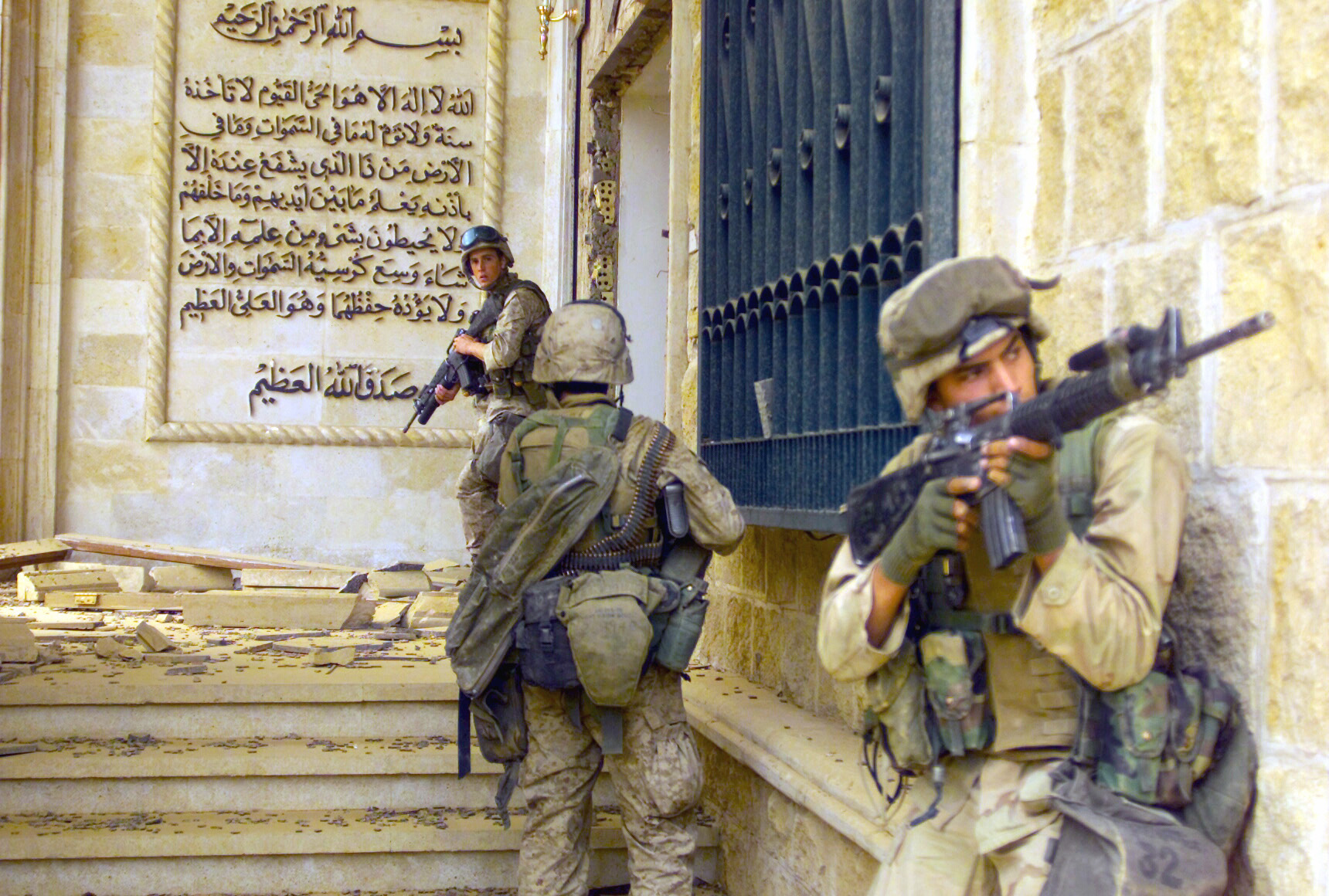
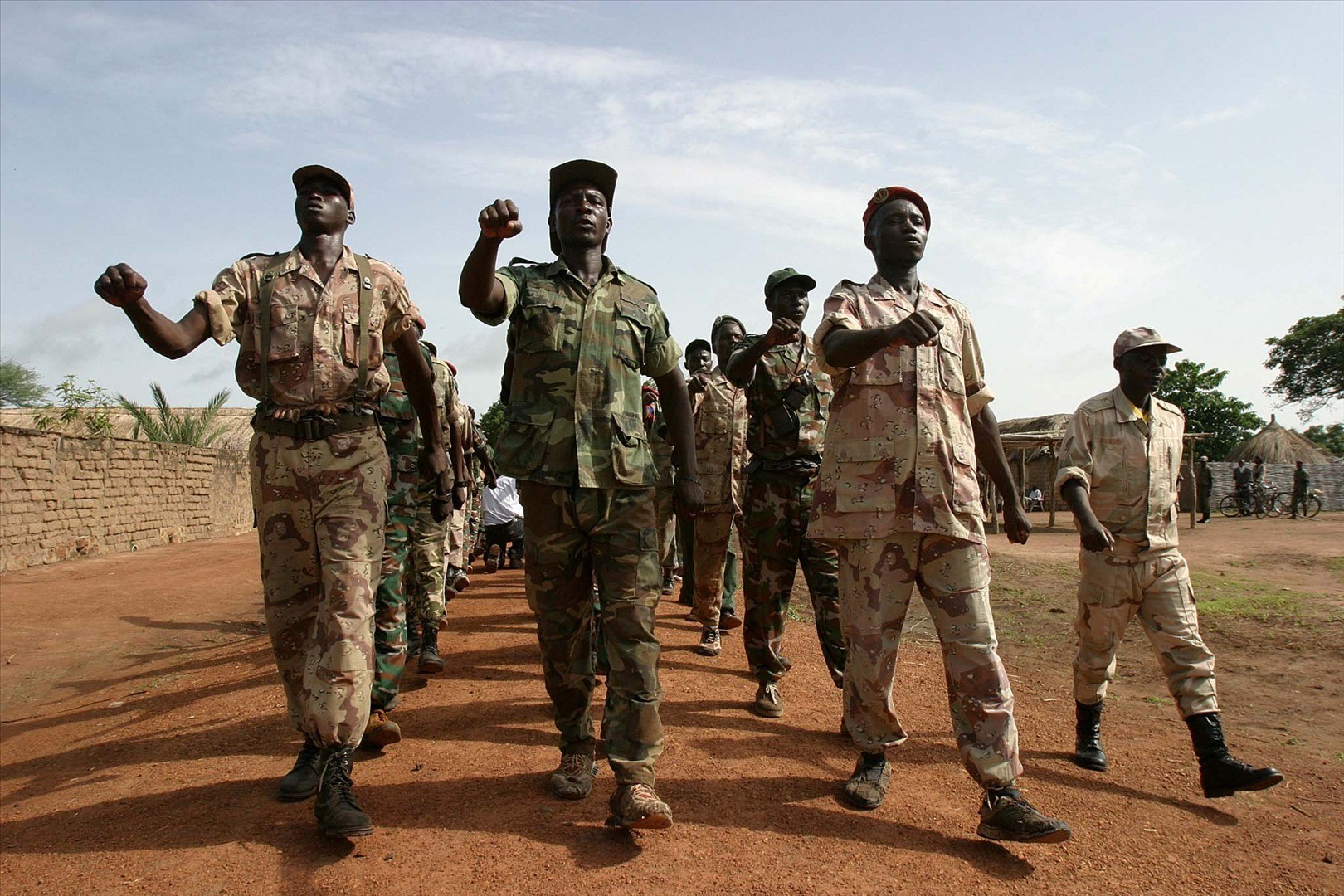
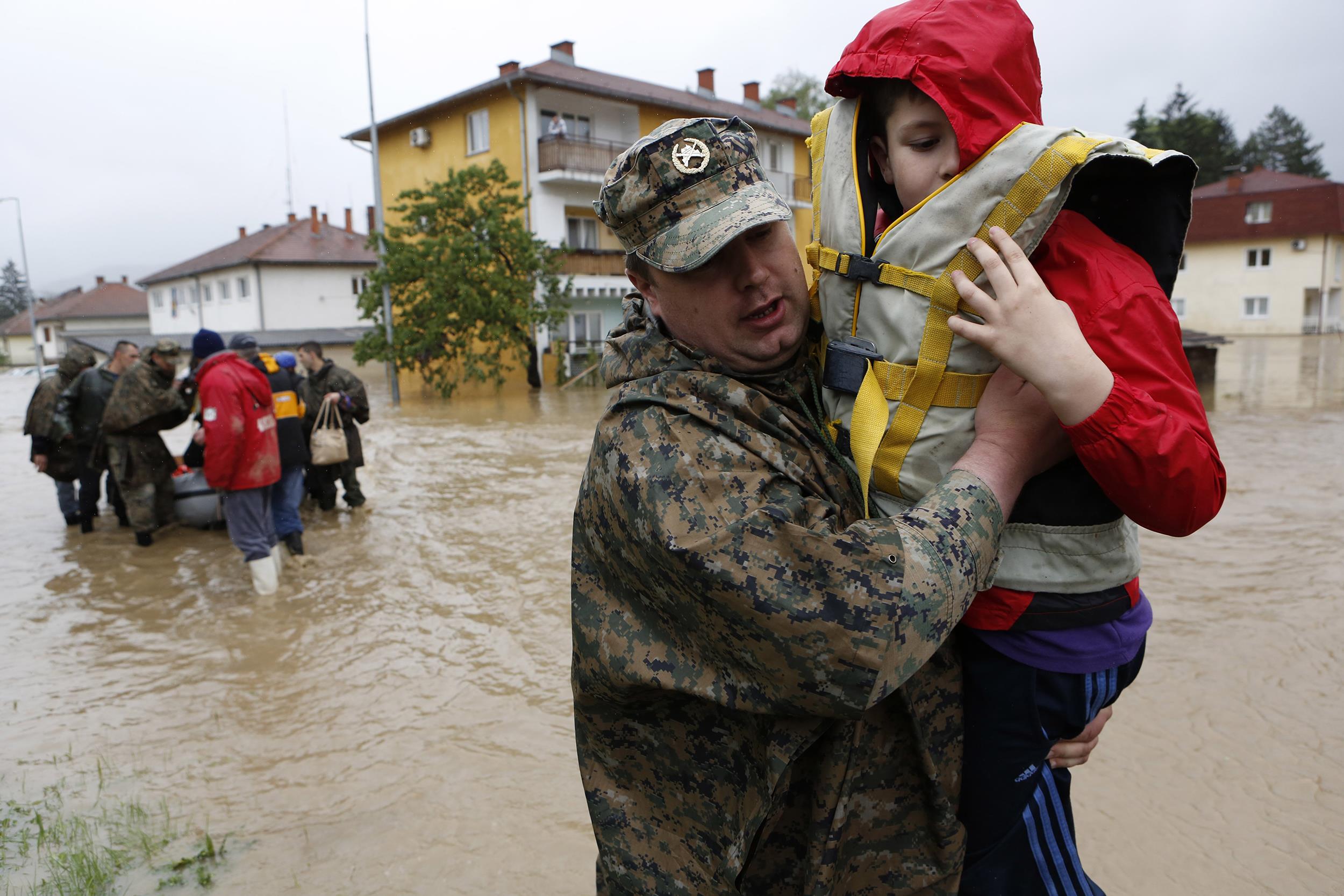
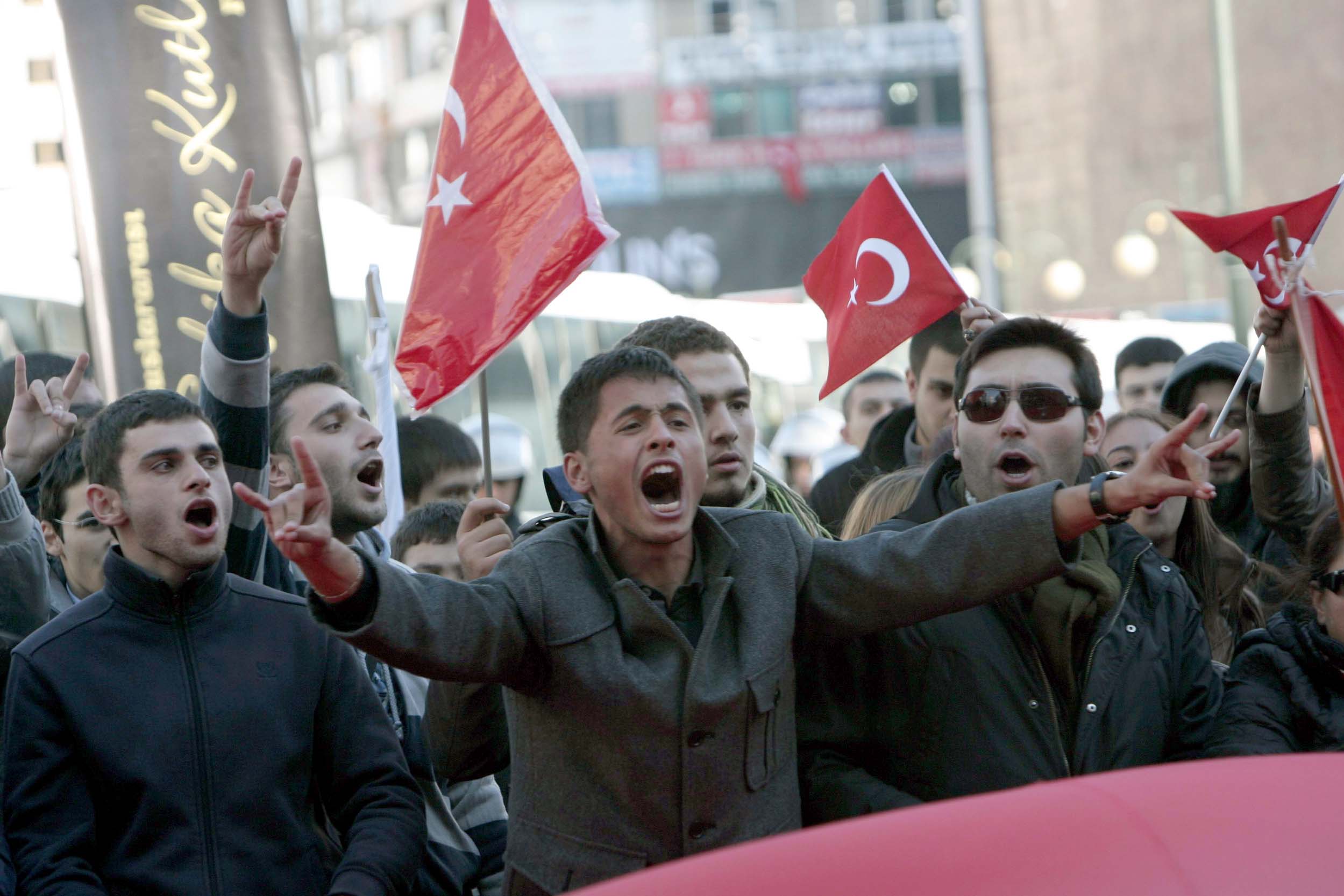
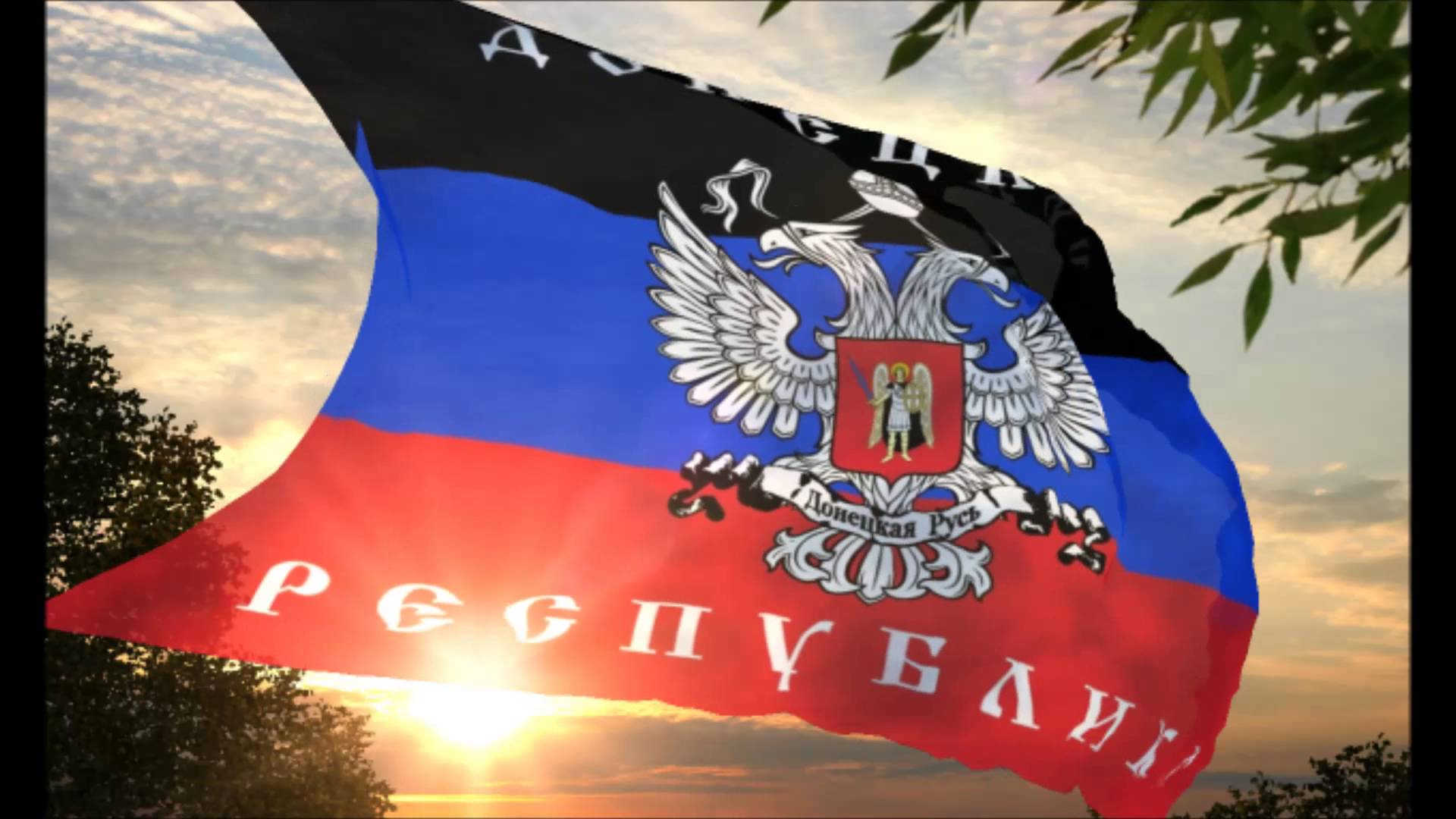
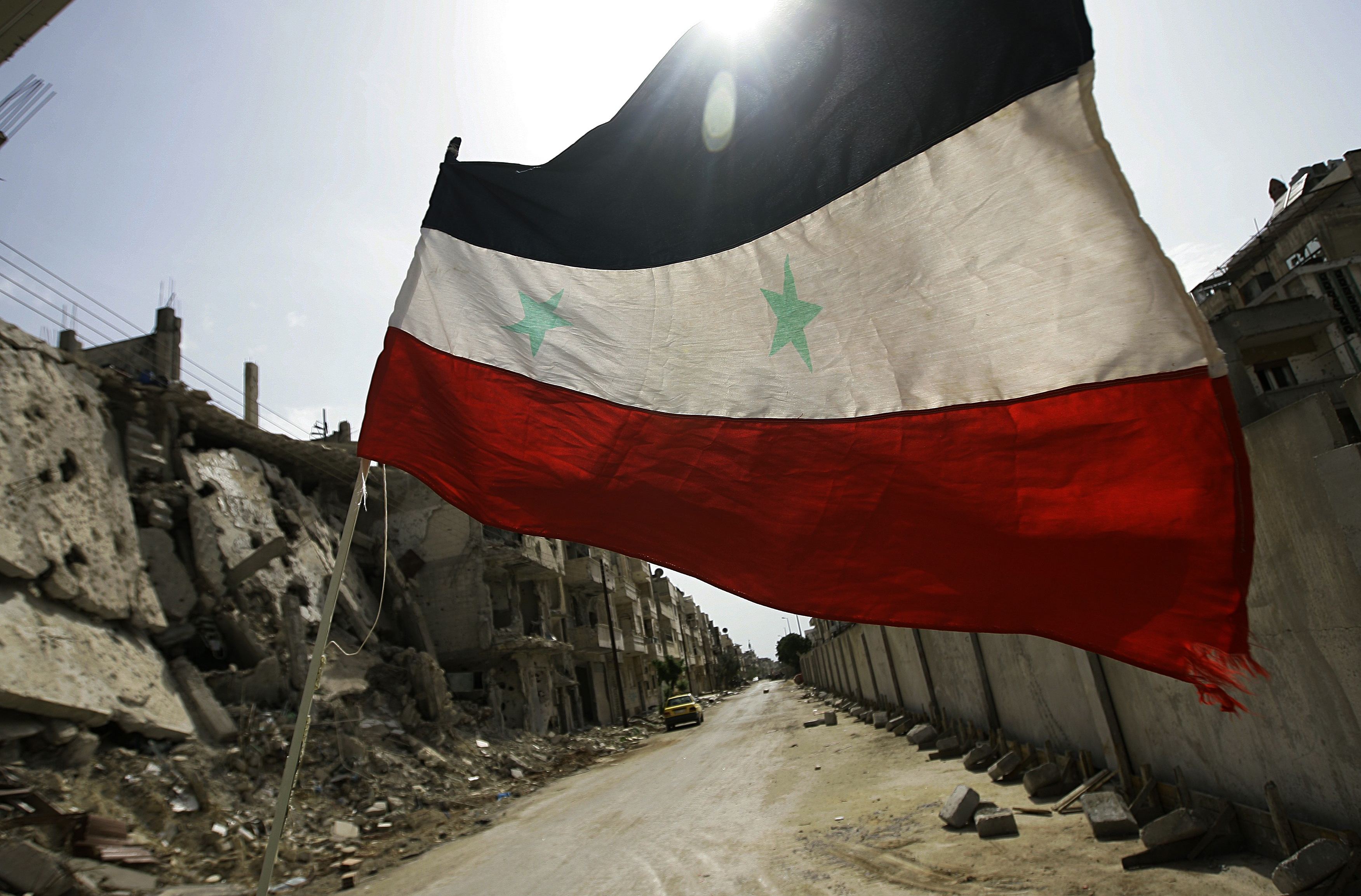
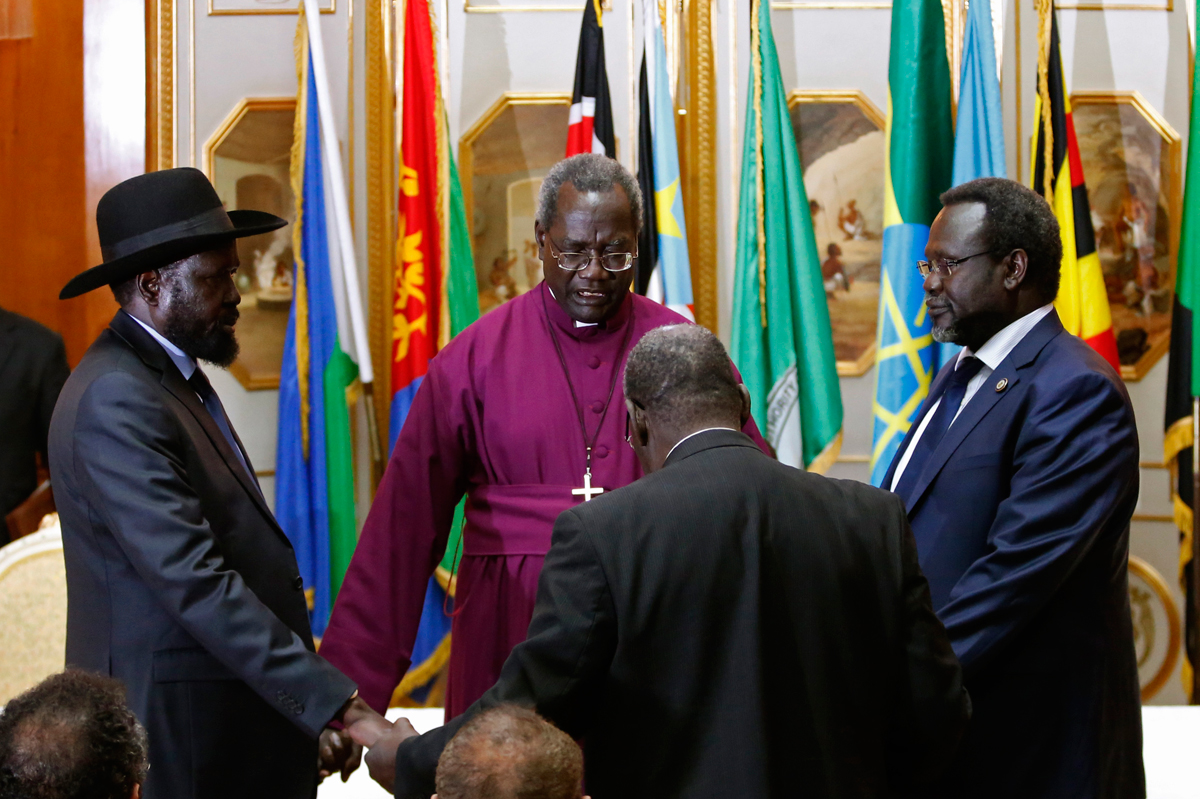
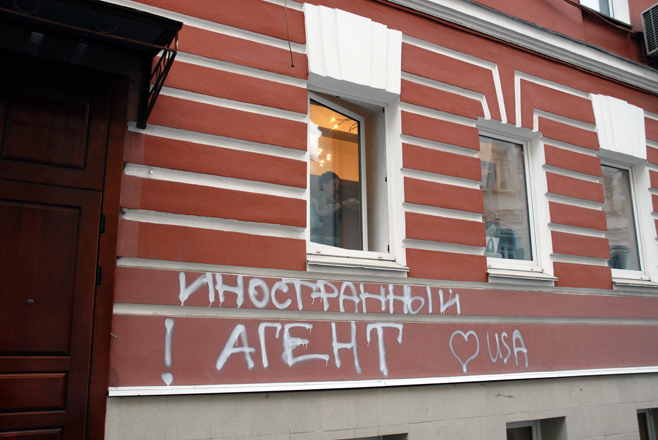


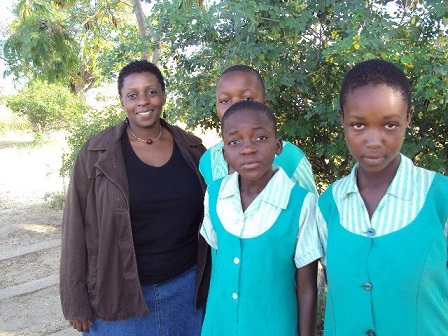
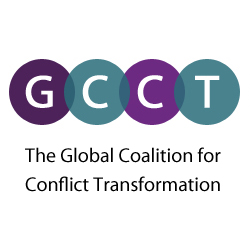


















RT @TransConflict: June 2014 Review: @TransConflict is pleased to present a selection of articles published during June – #conflict – http:…
#TransConflict June 2014 Review: TransConflict is pleased to present a selection of articles published during … http://t.co/3EoesKZHwJ
June 2014 Review | TransConflict http://t.co/02ndHGAI0N
RT @balkannews: #TransConflict June 2014 Review: TransConflict is pleased to present a selection of articles published during … http://t.…
RT @balkannews: #TransConflict June 2014 Review: TransConflict is pleased to present a selection of articles published during … http://t.…
TransConflict – June 2014 Review
TransConflict is pleased to present a selection of articles published during… http://t.co/6IMoN0t9LK
RT @Mrezamira: TransConflict – June 2014 Review
TransConflict is pleased to present a selection of articles published during… http://t.co…